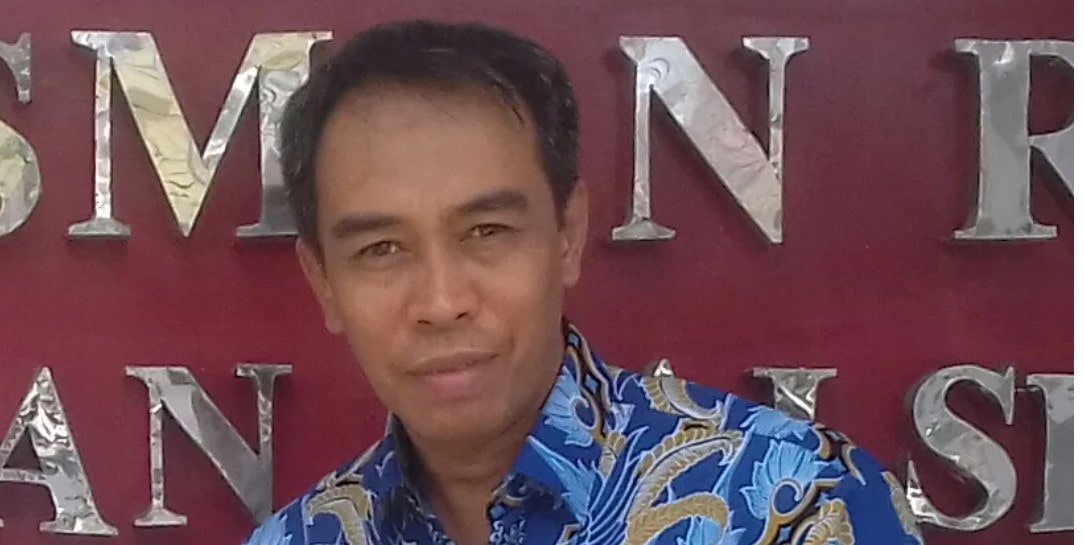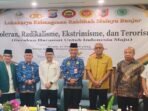By: Noorhalis Majid *)
Without realizing it, 25 years of the 1998 Reformation had passed. The question that always recurs, what are the achievements of the six reform agendas that have been implemented?
The trial of Soeharto and his cronies has not been carried out as expected. Even so, the further substance of the demand, related to bureaucratic reform, has not fully occurred – it is just a formality. For example, public services are still uneven and do not provide justice for all;
Amendments to the 1945 Constitution in the context of limiting the position of President, should also be followed by other positions, including the position of a member of the legislature, so that there is no need for three, four or even five terms to be entrenched in the DPR RI, DPD RI or DPRD at the same level, because the substance of the position restriction this, so that the cycle of power takes place in a fair manner, not dominated by oligarchs;
Autonomy as wide as possible, which aims for equitable development, seems to have lost its enthusiasm and strength, after autonomy which was originally based on the provincial level, was transferred to the district/city level, with very limited authority, especially in matters of natural resource management, making equity difficult. happen;
The abolition of ABRI’s dual function experienced a backflow, various jobs and positions began to be handed over to the TNI again, civilian supremacy seemed to reverse direction. Even agriculture and livestock affairs are also handled by the TNI, starting from printing rice fields, monitoring farmers’ rice production, to monitoring pregnant cows;
Collusion, Corruption and Nepotism, are still in the news every day, carried out at all levels without exception, even in the most strategic positions such as governors and ministers. Enforcement is also felt to be selective, because the security forces themselves are often involved;
It’s also about the rule of law, to be strict with anyone. Looks like it’s still not complete. Especially the gross violations of human rights in the past, there has been no clarity. Discrimination with SARA nuances also often occurs.
Can the Election re-narrate the reform agenda, so that it remains relevant and actual?
former Chief Ombudsman of South Kalimantan *)











